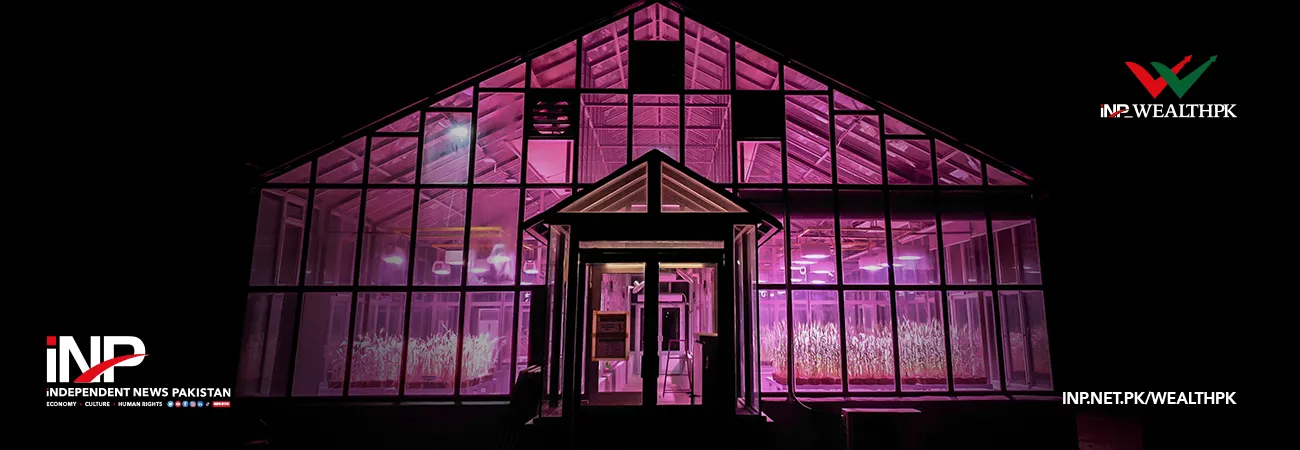INP-WealthPk
By Arsalan Ali ISLAMABAD, June 02, (INP WealthPK): Climate change has affected the dairy sector in Pakistan as heat stress reduces feed intake, milk production and reproductive performance of cattle. An expert told WealthPK that small dairy farmers produced more than 70 percent of livestock items in Pakistan but their business was affected by climate change. “Climate impacts both the quantity and the quality of feed, forage and pastures. Both agriculture and livestock are impacted when the temperature falls out of the normal range,” said Dr Rehana Siddiqui, the former head of the Pakistan Institute of Development Economics. She said that heat stress affected milk production while changes in the frequency of warmer temperatures increased the demand for energy and water in the dairy sector. “Our farmers have limited resources to maintain feed for animals because they rely on local natural grasses. They should know how vulnerable these resources are to climate change. Crop failure at a large scale can lead to an increase in the price of fodder,” she added. Dr Rehana said that agriculture and livestock mostly remained at the mercy of the weather in developing countries. She said that normal temperatures resulted in good yield, vast pastures and healthy animals. She said that climate was not constant and affected the health of animals. “Climate conditions have always impacted agriculture. The changes in quantity of milk production, animal health or feed, and efficiency can also result in economic losses,” she added. The expert said that seasonal temperature and rainfall would impact the productivity of field pests, weeds and diseases. She added that animals and agriculture could not survive without water. “The shortage of water due to climate change will also affect the dairy sector in the country,” she added. She said that the impacts of heat stress could be witnessed, as the performance of animals decreased and their mortality rate increased every year. She said that due to changes in the climate, most of the farmers migrated to the rain-fed region to graze their animals. “In flood-prone areas, farmers are forced to migrate to other places where they can find fodder for their animals,” she added. Dr Rehana said that most of the small farmers were poor and lacked the capacity to mitigate the negative effects of climate change on agriculture and dairy production. “Pests and diseases damage crops and fodder that affect the health of animals. Farmers bear losses and their cost of production increases exponentially,” she added. The growth of the agriculture sector in the country has been on a decline over the last two decades. The contribution of livestock to agricultural gross domestic product is 60.6 percent. It contributes 35 to 40 percent to the rural economy. Pakistan is the fourth-largest producer of milk and ranked second after India in South Asia. The expert said that the veterinary department should arrange training sessions for small farmers from remote areas to help them reduce the impacts of climate change on the dairy sector. Relevant government departments should extend their services to remote areas to help small farmers to increase the production of dairy items and combat the negative impacts of climate change. The expert told WealthPK that financial organisations in the public and private sectors should provide soft loans to small dairy farmers. The administration should ensure regular supplies of approved seeds, fertilisers and feed to farmers at controlled prices at the local level to save them from the negative impacts of climate change.













